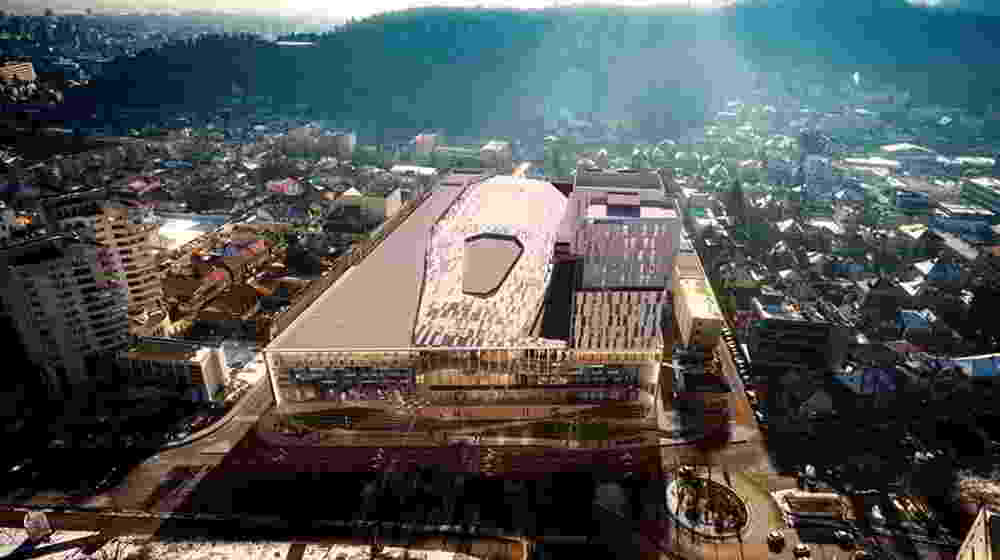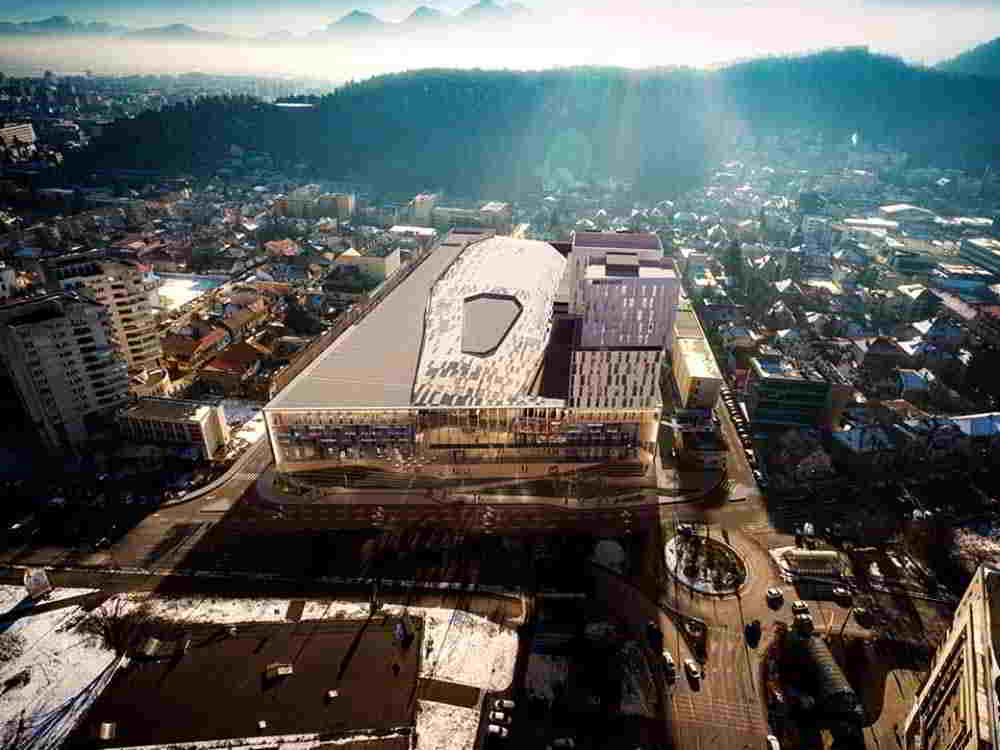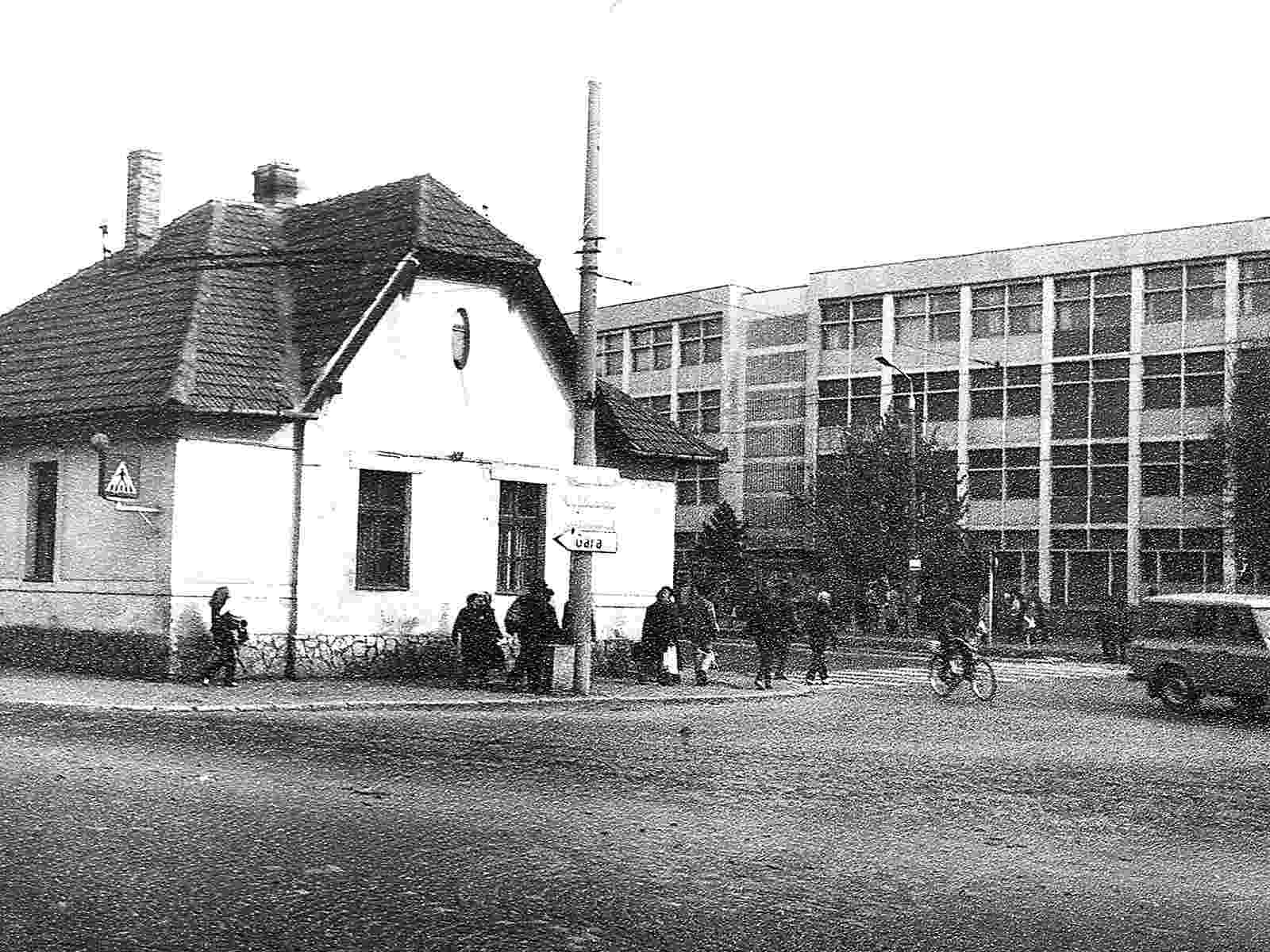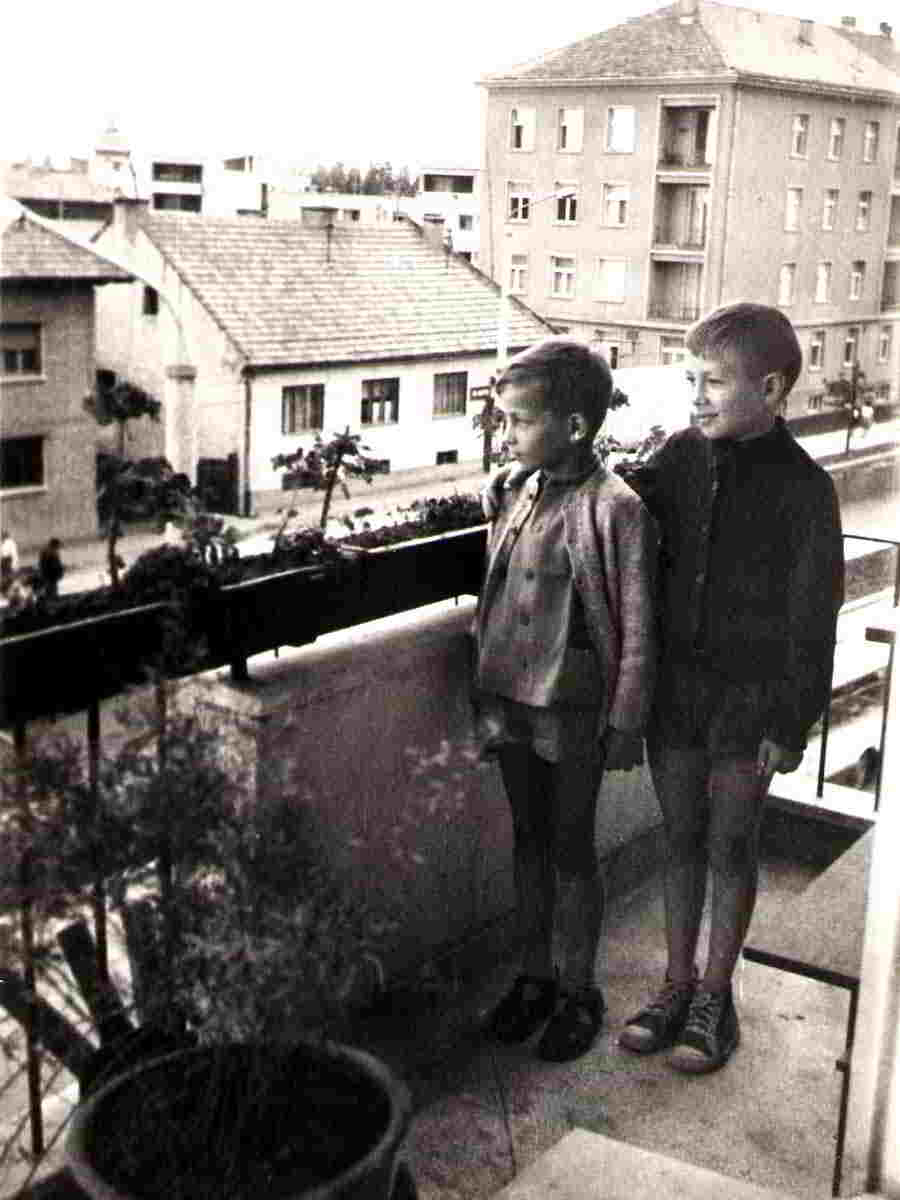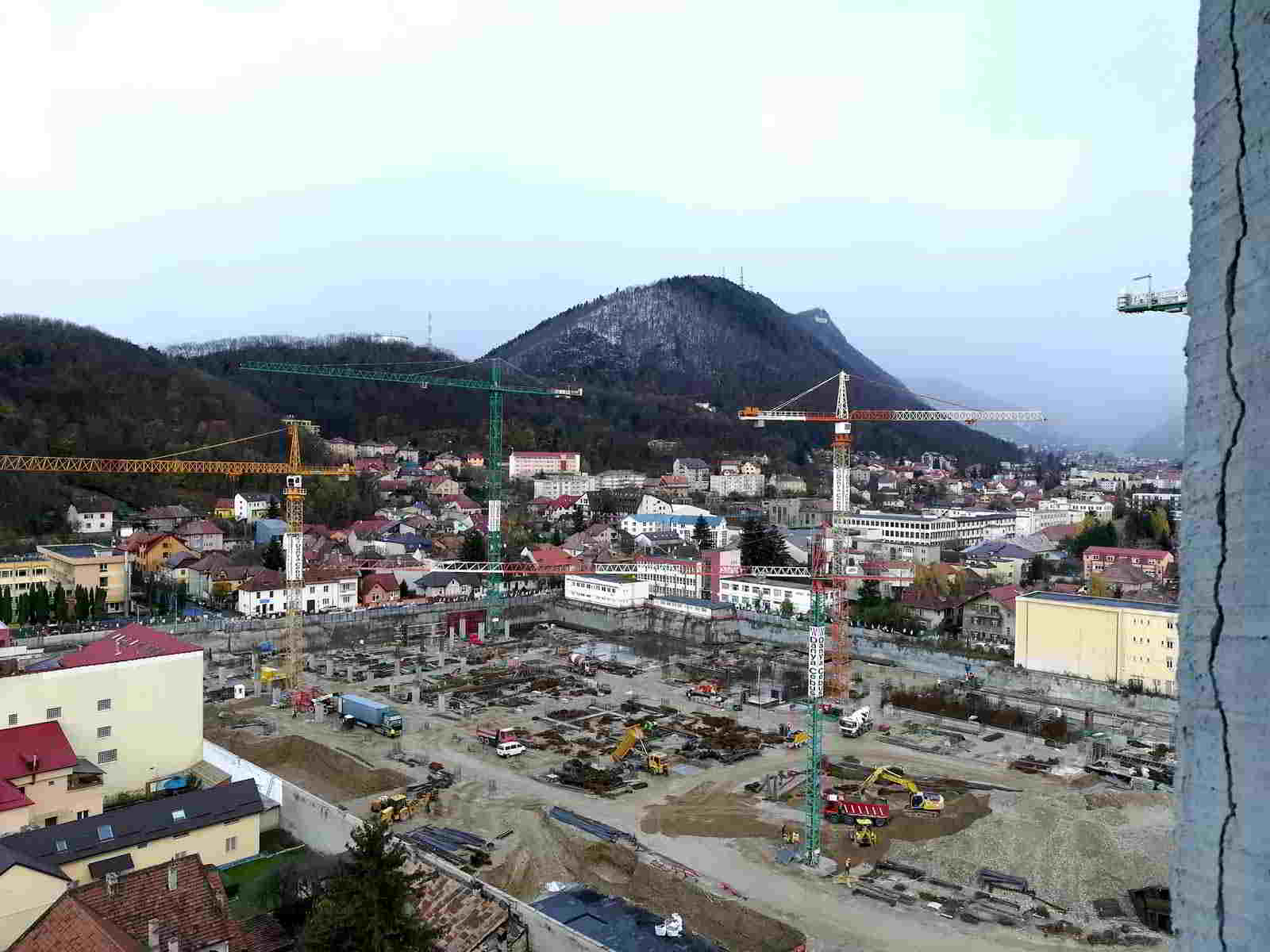The simple presentation of these promises to revitalise the urban area has triggered contradictory reactions.
In the first decade after the fall of communism, the discourse of the people living in Brasov regarding the changes of the urban landscape was one of smouldered rage against those who “destroyed the factories and production facilities that provided jobs for the many,” to build shopping malls from which “only few can buy”.
This opinion is still shared by some of the persons with whom we talked, even regarding the Civic Centre Area. Discussing with persons belonging to the same age category, we noted that they have conflicting views at times, although it is often believed that young people are those who support change and that the elderly reject it. Two women aged 68 and 70 years old focus on the former industry of Brașov and on local tradition, both of which have been destroyed, and say that the jobs promised by the future shopping mall cannot equal the number of jobs provided by the former factories.
Other persons share different views. As a resident of the new centre which it considers increasingly depopulated and transformed into a transit area, another man aged 62 years old hopes that tourists attracted by the future shopping centre will revitalise the area and help it compete with the tourist inflow in the old city centre.
Two tendencies are visible in such speeches. On the one hand, a nostalgic attitude, a strong affective bond with the past, also understood as impossibility to visualise prospects for a better life within the current conditions in light of the new changes. On the other hand, promising prospects for the city in light of new possibilities, the presence of new populations, while ignoring the history and memory of the place and the impact of these changes on the residential areas nearby.
